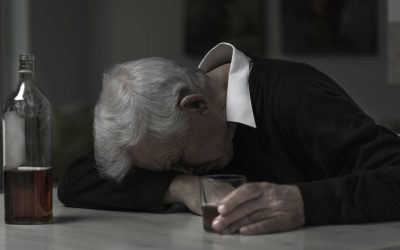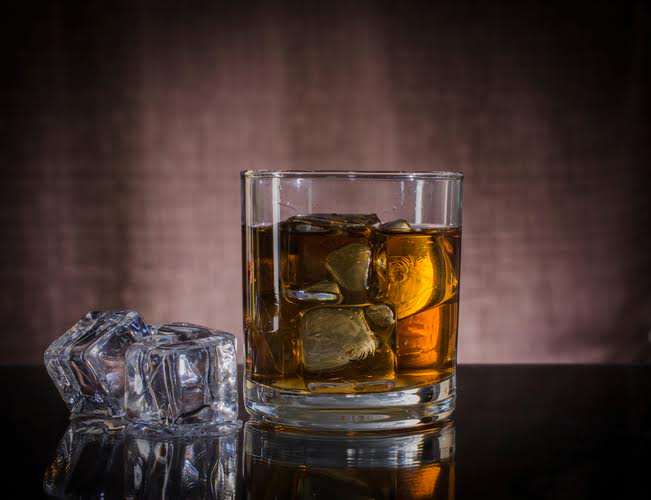What OTC Alcohol Withdrawal Medications Can Help Stop Drinking?
Understanding the three distinct components of your habit loop can help you come up with more specific strategies to overcome cravings when they pop up. That’s why building your own recovery toolkit can make a difference in your ability to weather the most intense cravings. Coping tips can absolutely offer short-term solutions when you’re trying to cut back on alcohol. That said, permanently changing your relationship with alcohol may require a more in-depth approach. You might notice stressful or tense situations tend to fuel cravings more often than not.

Ozempic manufacturer Novo Nordisk launches study to find drug’s impact on reduced alcohol cravings
Understanding and recognizing these factors will help you reduce or manage cravings more effectively. Novo Nordisk will begin a 28-week study on Monday to examine the effects of semaglutide, found in Ozempic and other GLP-1 drugs, on alcohol consumption, CNN reported. “There’s a hormonal change within the person [following acupuncture] that aids the support of recovery from addiction or substance use. The Sober House hormones that increase during treatment (to name a few) are endorphins, serotonin and dopamine,” she says. As of May 2024, three medications have been approved by the Food and Drug Administration for treatment of alcohol use disorder. The oldest and best known of these medications is disulfiram — sold under the brand name Antabuse — a compound that was first used in the American rubber industry.
Acamprosate
When you feel the need to drink to relax or to unwind with friends or even to reduce tension symptoms, then you are alcohol dependent. The reasonable thing to do would be to seek help on how to curb alcohol craving. A survey of academic research on exercise and AUD has generally shown a correlation between physical activity https://thefremontdigest.com/top-5-advantages-of-staying-in-a-sober-living-house/ such as cycling, running or other aerobic activity and reduced alcohol cravings or alcohol consumption (9). Even when you’ve resolved not to drink or to drink less, temptations to have a drink are normal, and the interaction of alcohol with the body’s own biochemistry makes the desire to keep drinking very predictable.
Oar Health Member Stories: Quitting Alcohol
- These actions aim to disrupt the obsession with cravings, giving the mind a break and helping maintain recovery efforts.
- Therapists can instruct individuals in progressive muscle relaxation and diaphragmatic breathing that can be learned rather rapidly, and these can become tools to deal with cravings.
- To determine whether—and where—you fall in the alcohol use disorder (AUD) spectrum, answer the following questions.
- Researchers have also shown cravings can be triggered by stressful life events and alcohol-related cues, such as seeing other people drinking.
Build a network of positive influences that would improve your self-esteem. A supportive and dedicated group of friends is a great backbone, especially in long term abstinence. Attending support groups and communicating positively helps to maintain sobriety.

Why Does My Body Crave Alcohol?
Research shows that naltrexone works best for people who have already stopped drinking for at least 4 days when they begin treatment. You take it daily as a pill or get a monthly injection at your health care professional’s office. The medication can help you have fewer days when you drink heavily as well as drink less overall. Recognizing the signs of alcohol cravings is a crucial part of managing them. As you change your drinking, it’s normal and common to have urges or a craving for alcohol. The words “urge” and “craving” refer to a broad range of thoughts, physical sensations, or emotions that tempt you to drink, even though you have at least some desire not to.

Breaking this loop can help a person overcome alcohol cravings and manage their alcohol intake. They can break this loop by avoiding triggers when possible, distracting themselves in the moment, and practicing relaxation techniques. Mental health professionals can also help treat alcohol use disorder (AUD). AUD is a condition that occurs when a person has a physical need or desire to consume alcohol that is difficult to control.
